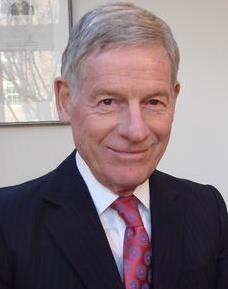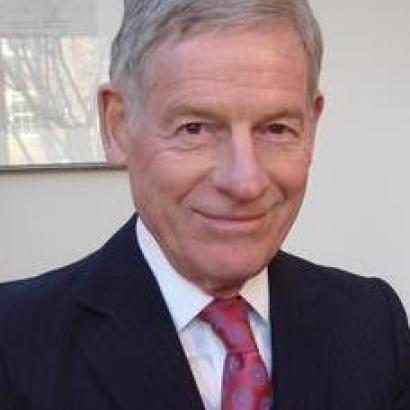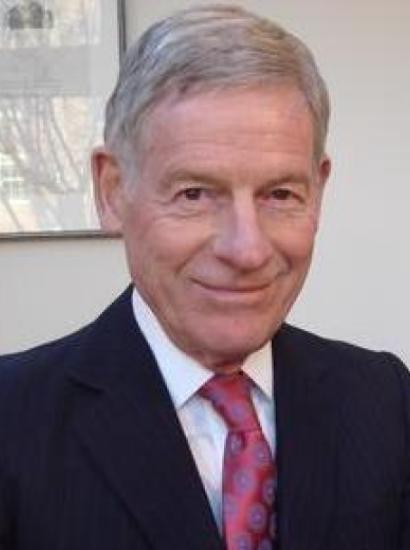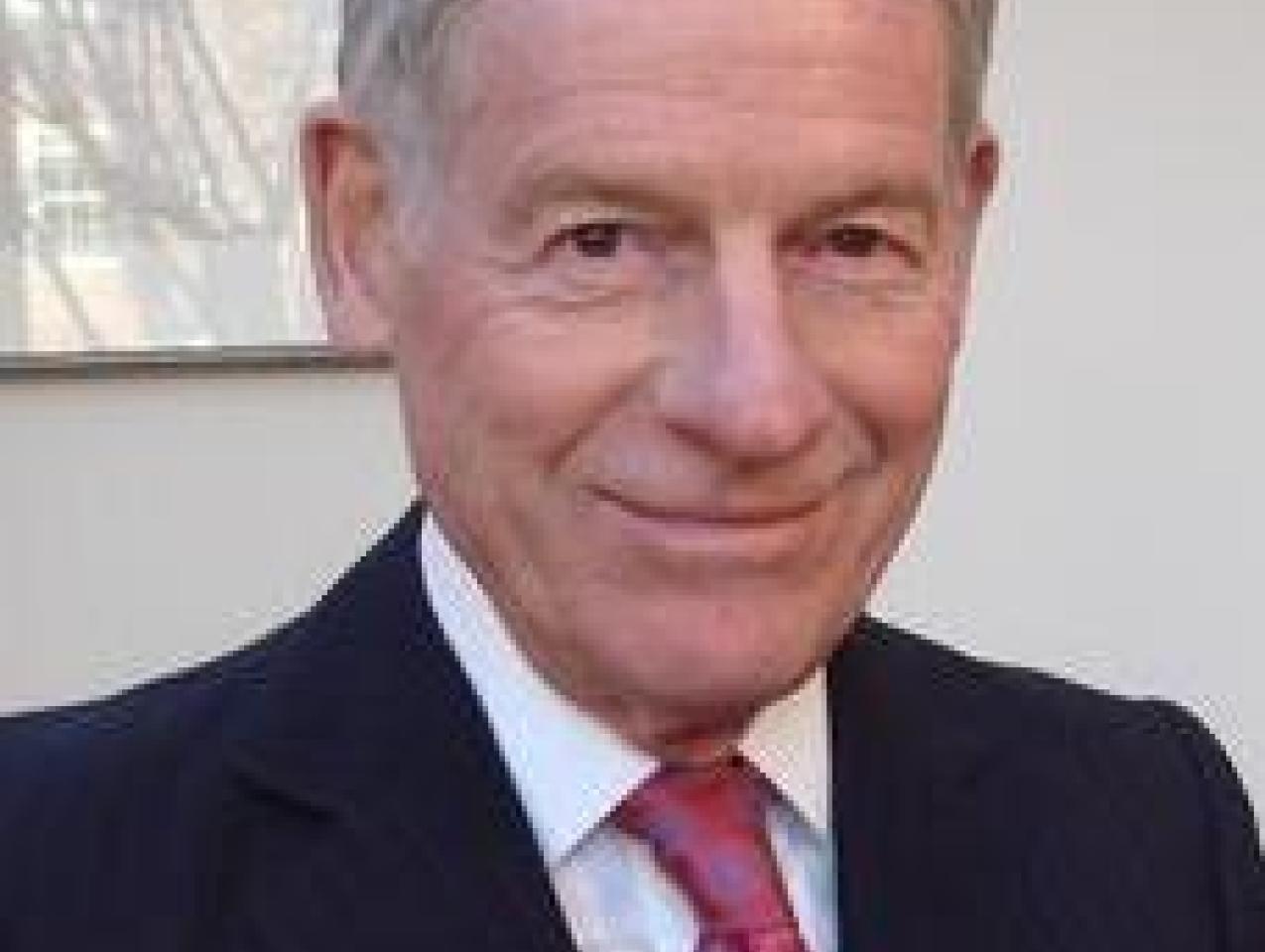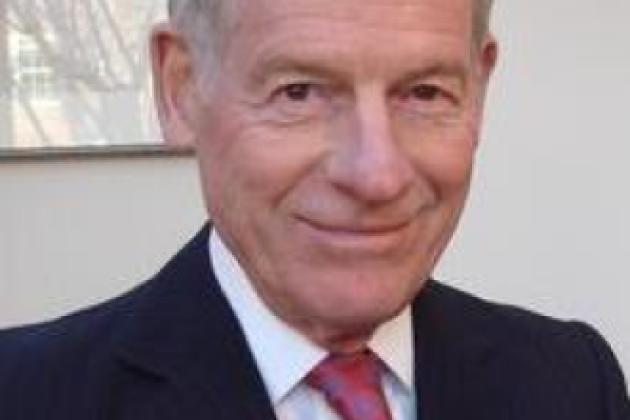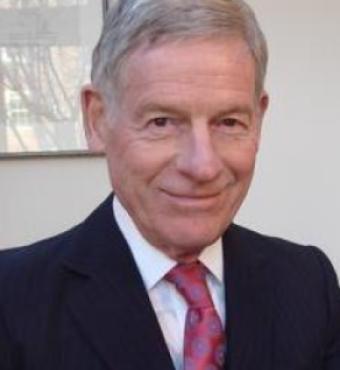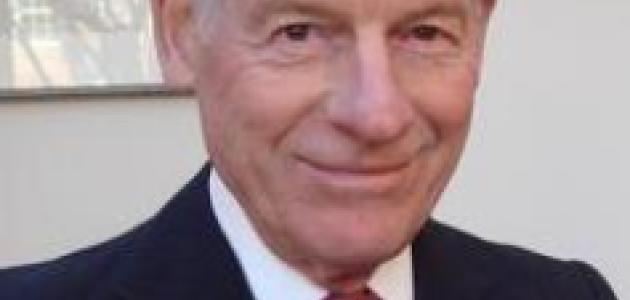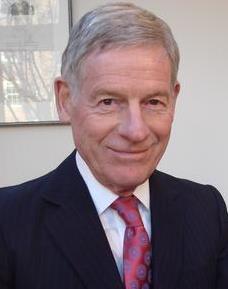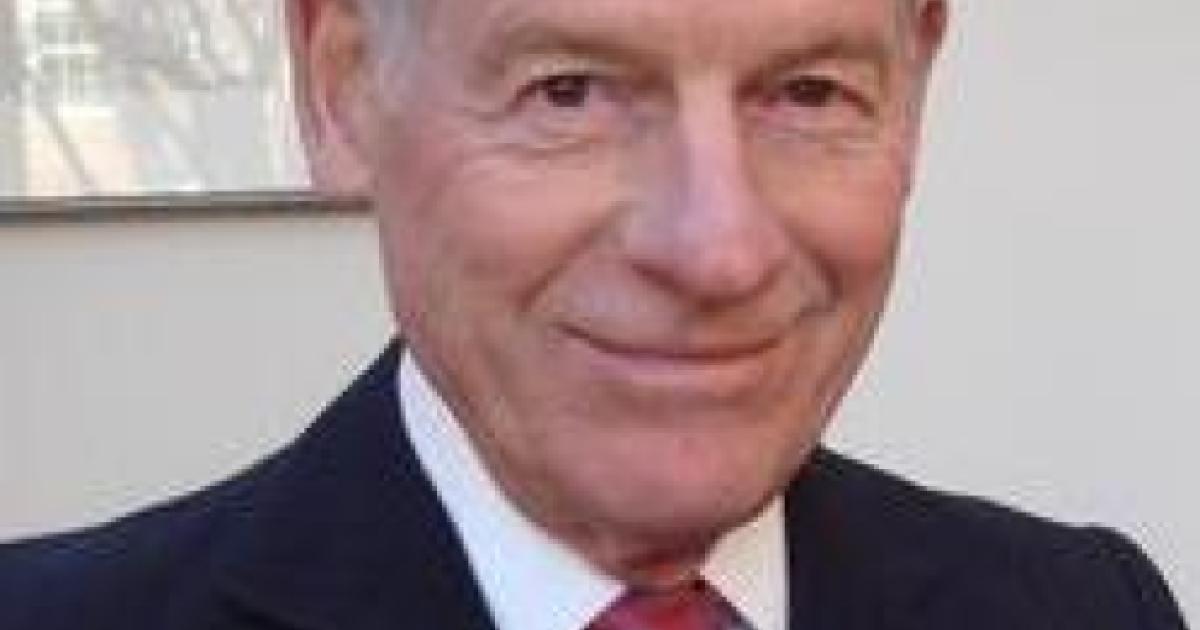- Contemporary
- Law & Policy
- Civil Rights & Race
- History
What is rational control? In the brandnew building where I work at Harvard, the lights go on and off, the shades go up and down, and the toilets flush automatically. Rational control has replaced individual virtue, which is subject to vagaries and may not be active or awake. As instruments of rational control, the seatbelts in your car are inferior to airbags because the former you have to buckle on your own and the latter save you without your having to lift a finger. These examples are small matters of convenience, but they add up. As intrusions into your privacy, your own control over your life, and your virtue, they also add up. In their very minuteness, they reveal the comprehensiveness of rational control.
Rational control was Alexis de Tocqueville’s enemy. He said sarcastically that it takes away “the trouble of thinking and the pain of living.” Life under rational control theory is trouble and pain. Life is not sweet. Therefore, reason should be employed, making life easier and simpler. Easier and simpler are always material well-being or materialism. The taste for material well-being is hedonism. Hedonism says that the end of life is pleasure. Modern hedonism posits a universal goal for human beings: self-interest.
In the recent book Nudge, Cass R. Sunstein and Richard H. Thaler discuss the example of a “nudge” in a school cafeteria. How would you arrange the food so that children choose what is best for them—even while having the choice of what is bad for them? They can choose junk food, but it is arranged at the end of the line. This is a nudge. It is not coercion. It takes account of human resistance to coercion. People who give nudges are called “choice architects.” A nudge is not content with the usual economic motive, which is an incentive. The trouble with an incentive is that it is a choice. An incentive should be clearly in your self-interest. When your incentive is unclear, you have a choice, and you need a choice architect.
Choice architects claim to make humans better. In general, economics is in a quandary as to whether it wants to leave people free or make them better or better off—better off is their understanding of better. The authors of Nudge want to give you a nudge toward greater savings for the sake of a more prosperous retirement. The subtitle of the book is Improving Decisions about Health, Wealth, and Happiness. There is an implicit definition that happiness does not get in the way of health and wealth. Happiness as hedonism is the default position of Nudge.
The book is a grand nudge toward hedonism and materialism as understood in terms of rational control. The authors are imperfectly aware of this. They do not see where they are going. They, too, are being nudged. They have no sense of direction; they provide no guide, no guiding principle. Freedom, yes, but to do what? What is the best use of freedom? Perhaps the best use is what maximizes freedom. But this is what makes choice costly. You have too many decisions to make. Which are the important ones? Having no guide for choice architecture means having no limits. When do you nudge? When do you stop and leave people to their inclinations?
What is Tocqueville’s answer? For him the best security for liberty is political liberty, the activity of self-government. This activity turns weak individuals into strong ones as they learn “the art of being free,” which means associating together for some common good that is useful for you, that you cannot do for yourself, by yourself. Americans are very good at this sort of association. Tocqueville says they have an art, and even a science, of association (an art, the practice of self-government, and science, the theory of self-government that is implicit in the practice).
Self-government requires that the self have a ruling part and a ruled part. Call that a soul. It is not just a self; it is a soul, with a higher and a lower part and maybe something in between to connect the two. The soul knows or attempts to know the difference between what should rule and what should not. The soul has pride, and therefore it also has shame. Selfinterest knows nothing of either. Is pride in your interest? Is shame? You cannot say yes, and you cannot say no. Human beings are critical, sometimes self-critical. That is a complication. The soul stands against the simplification of human psychology represented in hedonism and materialism.
Religion opposes the taste for material well-being, which comes so easily in democracy. For Tocqueville, freedom needs the pride of a free people, and pride is confirmed and endorsed by religion. Religion comes from the pride that is natural in the human soul. And this is reasonable if liberty can be shown to be actual and active in a democratic people, in the American people.







